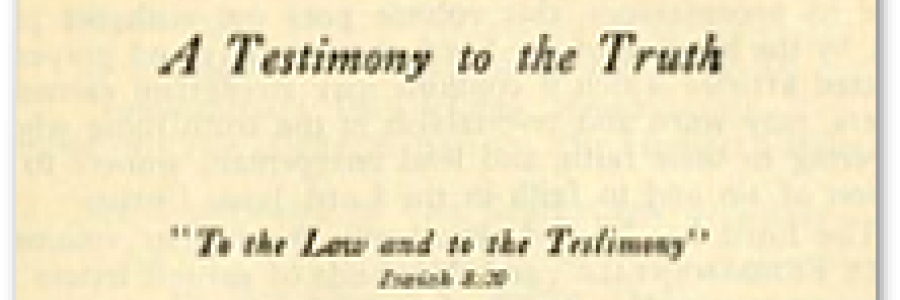The Knowledge of God
CHAPTER VII - THE KNOWLEDGE OF GOD
BY REV. DAVID JAMES BURRELL, D. D., LL. D., MINISTER OF THE MARBLE COLLEGIATE CHURCH, NEW YORK CITY
The man who does not know God has not begun to live. He may eat and drink, make merry, accumulate a fortune or wear a crown; but he has not entered into that better life of high hopes and noble purposes and aspirations which make us worthy of our Divine birthright. For “this is life enternal, to know God.”
To put ourselves into just relations with God is literally a matter of life or death. All the ologies are worth mastering but THEOLOGY is indispensable. We must know God.
But where is He? “Oh, that I knew where I might find Him! Behold, I go forward but He is not there, and backward but I cannot perceive Him; on the left hand where He doth work, but I cannot behold Him; He hideth Himself on the right hand so that I cannot see Him!” The horizons recede as we approach them, and the darkness thickens as we grope like blind men feeling their way along the wall.



Discussion